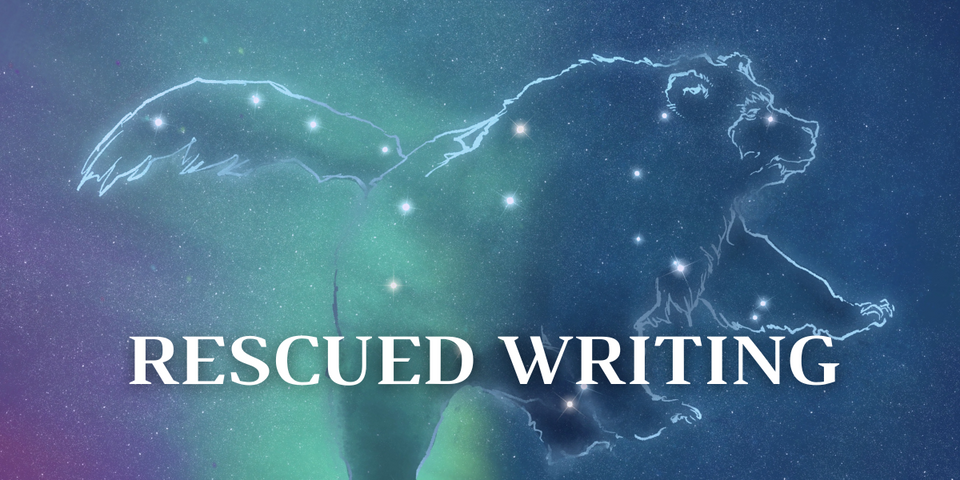Rescued Draft: Community and Derived Houses in Astrology

Saved from the Drafts Bin
I don’t know when I started writing this, or why I never posted it. Today seems as good a day as any to share it though.
(This article was originally published by me via Patreon on April 25th, 2022.)
Thinking about community and the houses again. Well, turning the wheel of derived houses to be exact.
The more I think about it, the more I find myself of two minds. On the one hand I increasingly feel that “real” community (whatever that means) must be rooted in place. That’s 3rd house. On the other, I recognize that illusory or no, the arrow of time points ever forwards, and we’re all headed in the direction of increasingly relying upon technology to access community. That’s 11th house. At the end of the day, I’m a Nature worshipping animist – among a dozen other labels that more or less describe my syncretized personal gnosis re: The Universe… When push comes to shove, I err on the side of biomimicry. Though I recognize the false dichotomy here.
Years ago I wrote a paper called The Natural Order Ethic (NOE) that argued that Nature itself (ahem, herself) posits a categorical imperative – the prime lexical categorical imperative. Unless you’re really into neophyte takes on ethics I probably needn’t say more, but I do know: Nature has a template for community.
This line of thinking is hardly new. Back when I wrote about NOE (2008), Jenine Benyus had recently published Biomimicry and was lecturing widely about the topic. Animists might chuckle, seeing what is clearly a very ancient belief / cosmology repackaged as post-modern thought. But hey, that's how the absurdist cookie crumbles.
All we need to do is look, or listen, (or however else we observe and pay mindful attention) the environment around us. A group of species interrelating in place constitutes a community.
So what does that mean for us as two-legged animals? And for us specific star talking two-leggeds?
These are the questions I’m most interested in.
I think it matters, because the praxis and protocols we engage in the 3rd and the 11th houses are actually quite different. And I think the responsibilities that we have within each are as well.
If I have to pick just one house to be the general significator for community, I’m choosing the 3rd house. Community is a thing of praxis and place. That’s the 3H.
We have the ability to contribute to our communities. The 1H is the 11th from the 3rd. The two houses are connected by a sextile.
Now, I think we could make the argument that every house has something to say about community. Though, I’m not planning on talking bout all 12 in this bit of rescued writing.
Outside the 3H / 11H Paradigm
The 5H = Community is who you eat with. Community are the folks who feed you.
The 3rd is the 11th from the 5th. The 5th is the 3rd from the 3rd.
We meet friends of friends (or IRL mutuals) at celebrations of all types.
The 8H Work of Community
Community are the folks who share in your struggles too. Not just your successes. (Folks who are only there for the good times... well, I’d not recommend relying on them, I’ll say that.)
The 8H.
This is one that’s been showing up a lot in client sessions in connection to questions of community. At first, this puzzled me. But then I started turning the wheel.
The 8H is 4th from the 5H. It’s the roots and point of origin for the banqueting and feasting of the 5H.
It’s also the 6th from the 3H. And the 3H is 10th from the 6H.
This got me thinking about the traditional associations of the 8H. Death, anxiety, and the imminent loss of vitality. As well as the things we do to ward against, or recover after, experiencing them.
The foundation of what’s worth celebrating (8H as 4th from the 5H) is what we’ve got shared investment in.
Also, one of the things that makes us not just human, but hominids (because we shared this way of being with neanderthals)… funerary rites.
My Athabaskan ancestors and people have potlatch for our funerary rites. A big feast. With a highly ritualized gifting away of the belongings of the recently deceased.
Perhaps we feast because we understand that death, loss, and the pain and/or suffering we experience around them are universally shared. In fact, the experience of grief and death are among the few truly universal human experiences.
We celebrate the lives of those who passed. We mourn our dead. And we fear the unknown moment when we will inevitably shuffle off the mortal coil.
Who do we turn to after these brushes with mortality? Our friends (3H). Who do we learn more about that beloved departed from? Their friends, ans our extended families who knew them differently than we did (3H).
And what is it that we come together to do? To stem the tide of a crisis — if there’s been one — and to help with the arrangements to be made and other heavy lifting (6H).
Perhaps, community is actually who we celebrate our dead with. The folks with whom we’ll share a final resting place.
As always, I hope these words find and serve you well.
Member discussion